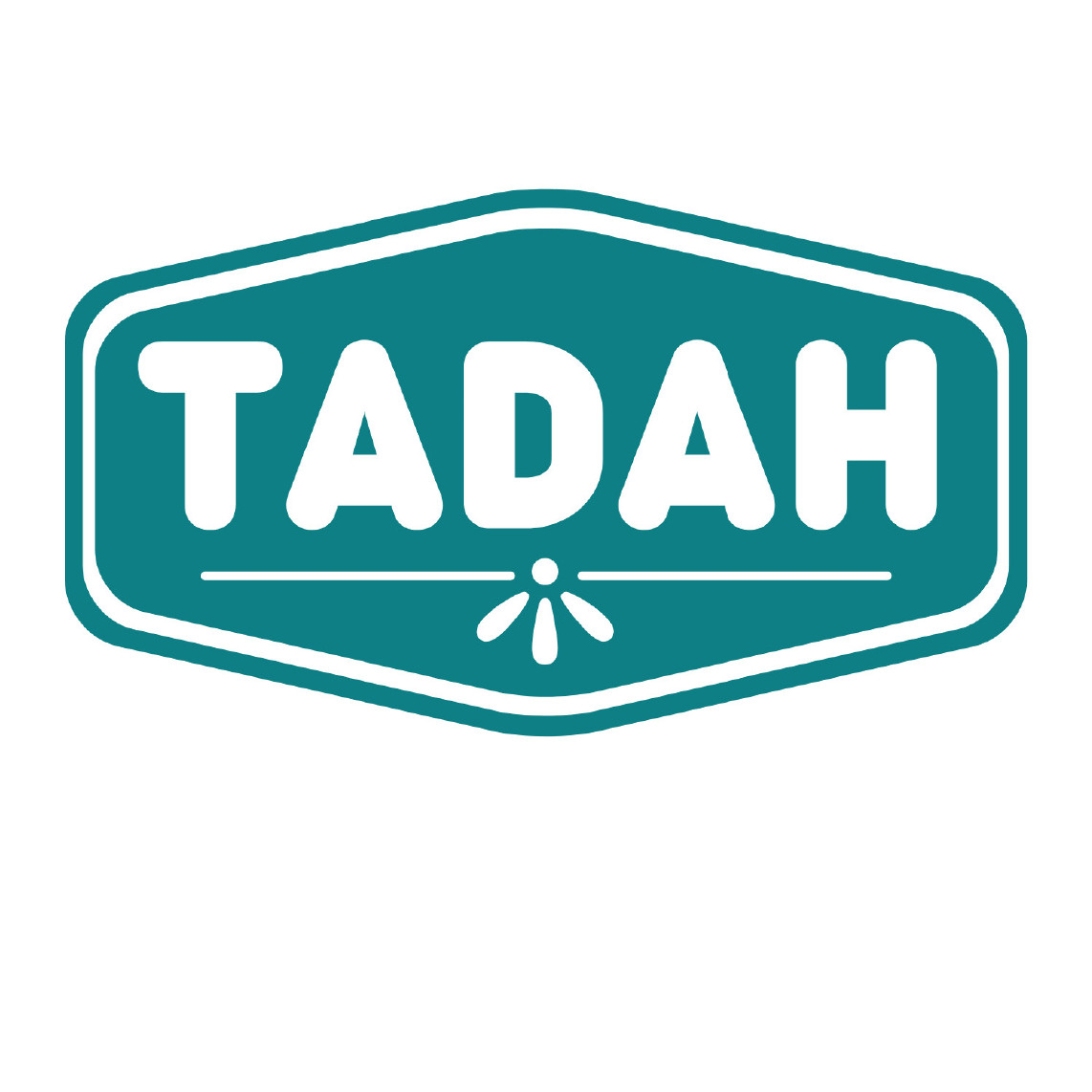What’s Digital Trust? Ascertia
The value of digital trust and take a glance at ways for fostering and preserving it in a continually altering digital environment. These three elements are delivered through digital certificates that bind cryptographic public-private key pairs to identification. This public key infrastructure (PKI) helps organizations set up trusted identification, integrity and encryption between individuals, systems and things. Customers consider that companies ought to be held accountable for breaching their trust; they are digital trust examples extra aware of cyber dangers now than ever earlier than. A company with up-to-date cybersecurity is extra likely to attract customers than one that is continuously in the news for safety breaches. Prioritizing a customer-centric strategy can also be crucial in establishing and sustaining trust.
The Delicate Dance Of Time-sensitive Messages In 2fa: Risks And Safeguards🔢
Despite respondents highlighting its significance Warehouse Automation, there is a clear disparity between thought and action when it comes to digital trust. When a corporation has a clear view of its certificates panorama, gaps and inefficiencies in processes turn into obvious. Organizations that can track the history and standing of each certificate for compliance and in addition rectify points, secures a excessive diploma of PKI integrity.
The 4 Dimensions Of Digital Trust, Charted Across Forty Two International Locations
It is necessary for companies to repurpose technology according to their greatest values to have the ability to take advantage of it and its greater affect. Thus, they will prove to their clients that their firm is worthy of the trust placed in them. This can be mirrored in regulatory acts e.g., the European technique for data units out 4 pillars – knowledge protection, elementary rights, security and cybersecurity – as pre-requisites.
Providing A Positive On-line Consumer Experience
It serves as the cornerstone of collaborative efforts, online services, and prosperous digital economies. In the interlinked world of at present, when digital technologies penetrate each a half of our lives, belief has become a crucial factor in figuring out how we expertise the digital world. Users want assurance that their digital interactions are safe, dependable, and privacy-respecting for something from online transactions to exchanging personal information. The thought of “digital belief”—the basis of a growing digital economy and collaborative online environments—was born out of this requirement for trust.
- The penalties of that mismanagement in this case are clear – 98% of respondents reported outages and brownouts, 92% reported data breaches and 74% compliance issues all stemming from digital belief points.
- These three parts are delivered by way of digital certificates that bind cryptographic public-private key pairs to identity.
- Regularly check and monitor system performance to keep up constant and reliable user experiences.
- Simply put, the work for a trusted future begins now, and to attain one that drives success through digital belief, we need to make sense of the speedy developments that take place on a daily basis.
Wherever you’re in your journey, you can cultivate digital trust by adhering to our three pillars. Even although breaches are often forgotten quickly, repeated breaches will depart lasting bad impressions on prospects. Customers usually stick with breached organisations due to a lack of viable alternatives but may change as quickly as a great various emerges. In a linked world, firms are susceptible additionally to third-parties’ management of their information and IT infrastructure. Both increasing regulatory liability and consumer expectations require elevated supply-chain management.
The key to bettering security and reliability is to eliminate outages through better certificate management. Beyond enterprise processes, the stakes of safety and reliability extend to physical security by way of issues like the operation of heavy machinery, medical equipment, or not directly via the protection of social security and banking details. The CIA triad—confidentiality, integrity, and availability—provides a cohesive framework for data safety. While Operational Technology (OT) and Information Technology (IT) often prioritize these parts differently, the future of the aforementioned ecosystems and provide chains will rely more heavily on all three aspects of the triad. Cyber breaches or data privateness violations can impact operations severely and remove the major focus from the core business, improve regulatory scrutiny and will even result in restructuring of organisations and land in a competitive drawback.

Within that position, these belief officers will create, and oversee the insurance policies and processes that centrally govern the digital belief and danger issues that are so essential in fashionable business. This proactive strategy is important as a outcome of data safety and privateness laws usually evolve to deal with new challenges and technologies in the digital landscape. Companies should due to this fact put money into regular training and awareness programs for his or her workers to ensure they perceive and can implement these evolving standards. Clear laws and consumer agreements—along with clear practices concerning information assortment, usage and sharing—are essential for fostering digital trust. In the digital realm, transparency means not solely disclosing how information is managed but also guaranteeing that this info is easily accessible and comprehensible to the average user.
Clear privateness rules are important in informing customers about how their information is collected, saved and utilized, finally fostering a transparent partnership. People anticipate digital technology and providers to protect all stakeholders’ pursuits and meet societal values. In a more practical sense, digital belief is usually seen as establishing a trusted on-line status, being credible and clear and making certain customers have a robust and safe expertise. In an more and more interconnected world, where information flows seamlessly throughout digital channels and transactions occur on the click of a button, the concept of belief has taken on a new dimension — digital belief. As our lives turn out to be more intertwined with know-how, the power to determine and keep digital trust has turn out to be a important factor in our personal, skilled, and societal interactions. In this text, we delve into the importance of digital trust, its key elements, challenges, and the measures needed to build a foundation of trust within the digital realm.
Accessibility can also be a crucial element, guaranteeing that digital platforms are usable by people with quite so much of skills, together with those with disabilities. Additionally, demonstrating compliance by way of certifications or audits can provide tangible proof to customers and stakeholders of a company’s dedication to legal and moral standards. ISACA will launch extra digital belief resources later this year, together with a course, webinar, global research and digital belief framework. Nearly every company today depends on know-how to operationalize their enterprise in a single form or one other. While the use cases for know-how, together with synthetic intelligence (AI), vary amongst companies and industries, its responsible and ethical use must be the tie that binds all of them.

By adopting these practices, organizations can foster a way of honesty and openness with their customers, which is important for building long-term digital trust. In an era where digital transformation shapes almost each aspect of our lives, digital belief has emerged as an important factor underpinning the profitable operation of digital systems. From e-commerce and online banking to social media and cloud computing, digital belief plays a pivotal function in guaranteeing the integrity, reliability, and security of on-line interactions. This weblog delves into the concept of digital trust, exploring its significance, components, challenges, and future outlook. Utilizing know-how in alignment with consumer rights and societal norms is crucial for constructing digital belief.
First and foremost is safety, which includes safeguarding online data and transactions towards unauthorized access and potential cyber threats. Privacy is equally crucial to protect individuals’ rights to manage their private data and ensure that it’s used only with a person’s full consent. Digital belief is the spine of the digital economic system, enabling secure and dependable interactions in an more and more related world. By prioritizing safety, privacy, transparency, reliability, and ethical practices, organizations can construct and preserve the belief of their customers.
As technology continues to evolve, we should also work to guarantee that the digital world remains a safe and reliable surroundings for all. Beyond particular person and organizational interactions, digital trust has broader societal implications. It influences the adoption of emerging technologies such because the Internet of Things (IoT), blockchain, and autonomous systems.
Alongside our international community of partners, we help companies to determine and preserve long-term digital belief. Stay up-to-date with applicable laws, rules, and industry standards associated to knowledge protection and privateness. Regularly evaluate and replace policies and procedures to align with changing regulatory landscapes. Be clear about data dealing with practices, safety measures, and privateness insurance policies.
With this exponential growth in connectivity, digital belief must now be embedded in IT architectures that are themselves extra complicated. Cloud services, hybrid workloads and IT/OT convergence have changed the form of what is connected and what is not. DevOps and CI/CD pipelines have blurred the boundaries between traditional IT operations and development. Remote work, fueled by the pandemic, has increased the tactic and manner of company access and provisioning. And zero belief community architectures have materially expanded the forms of things that must be authenticated and secured. Only 1 / 4 (27%) of organisations provide any sort of digital trust training to workers, and 41% don’t have a workers position dedicated to digital trust and are unlikely to within the subsequent 5 years.
Transform Your Business With AI Software Development Solutions https://www.globalcloudteam.com/ — be successful, be the first!
